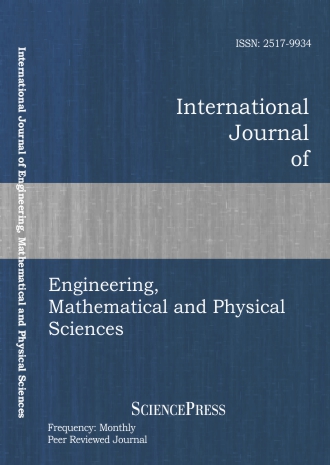
Scholarly
Volume:2, Issue: 1, 2008 Page No: 1 - 3
International Journal of Engineering, Mathematical and Physical Sciences
ISSN: 2517-9934
966 Downloads
Reasoning with Dynamic Domains and Computer Security
Representing objects in a dynamic domain is essential in commonsense reasoning under some circumstances. Classical logics and their nonmonotonic consequences, however, are usually not able to deal with reasoning with dynamic domains due to the fact that every constant in the logical language denotes some existing object in the static domain. In this paper, we explore a logical formalization which allows us to represent nonexisting objects in commonsense reasoning. A formal system named N-theory is proposed for this purpose and its possible application in computer security is briefly discussed.
Authors:
References:
[1] P. Atzeni and V. de Antonellis, Relational Database Theory, The Benjamin/